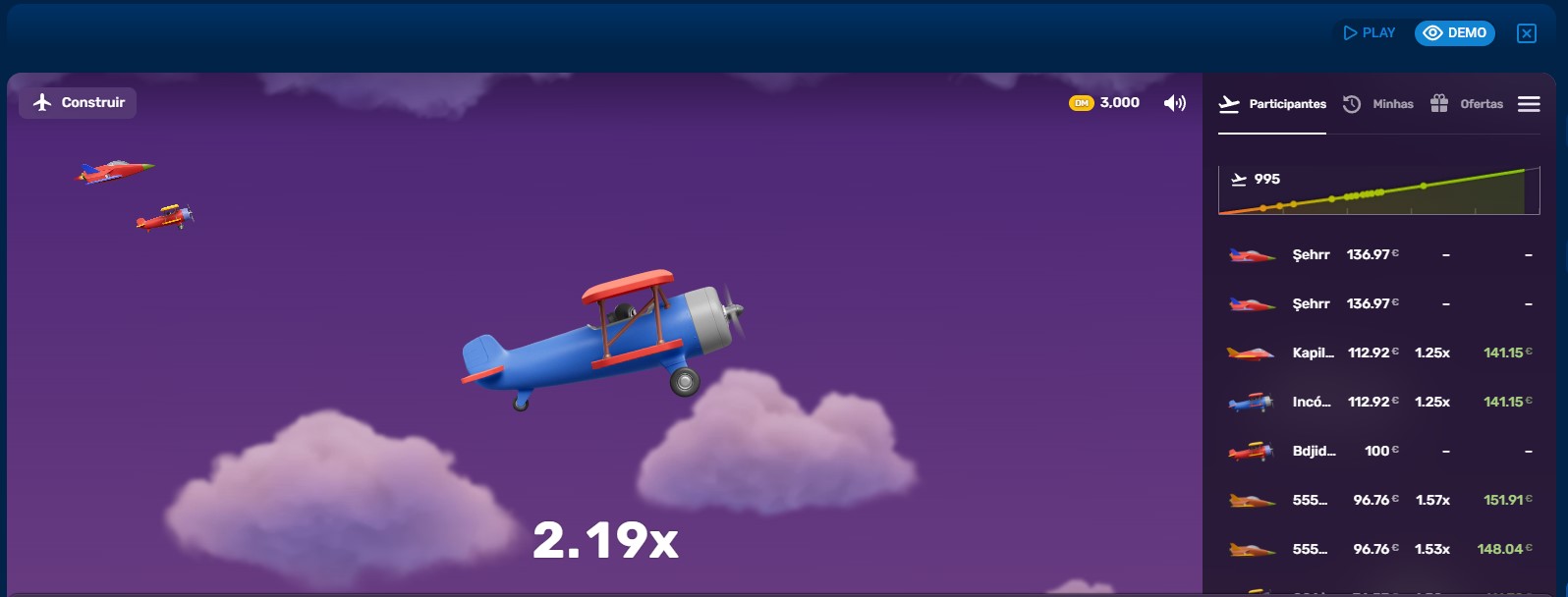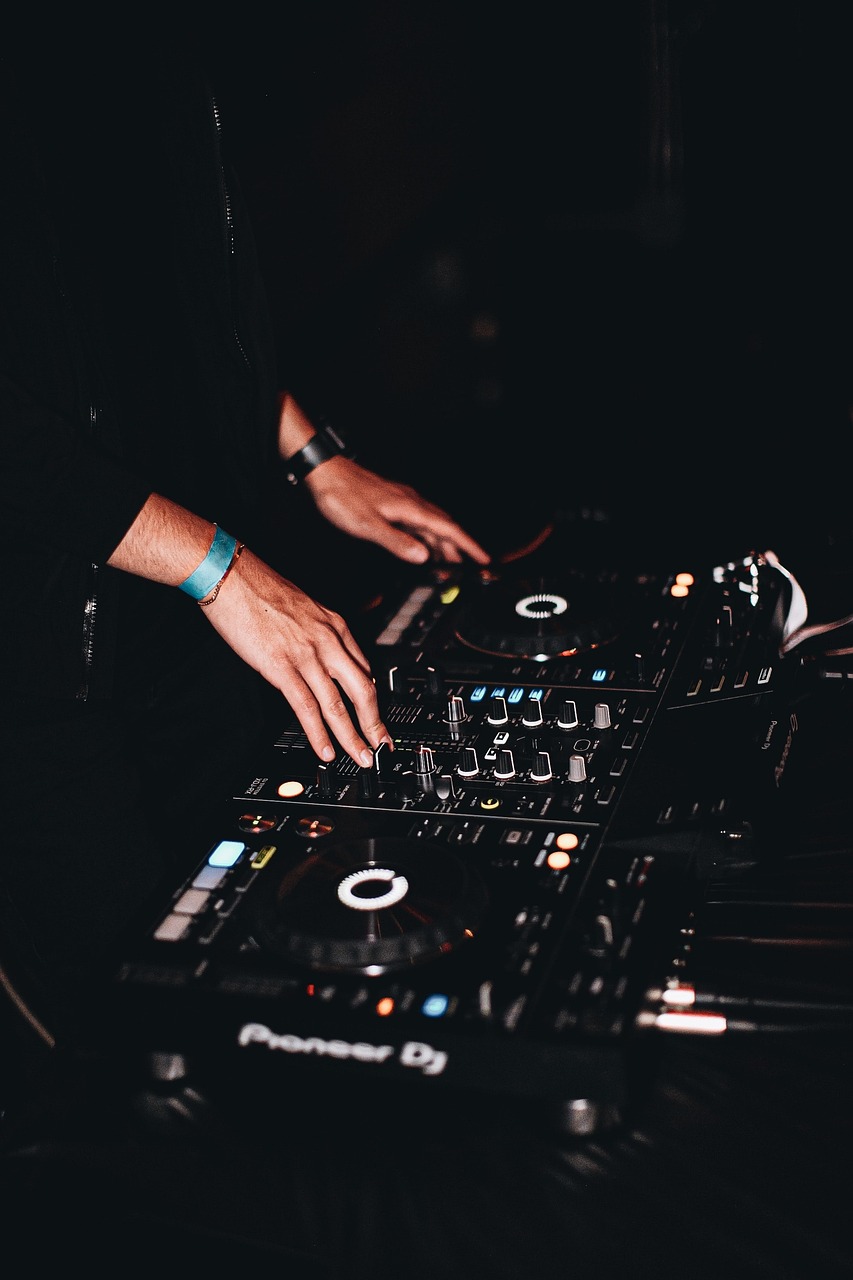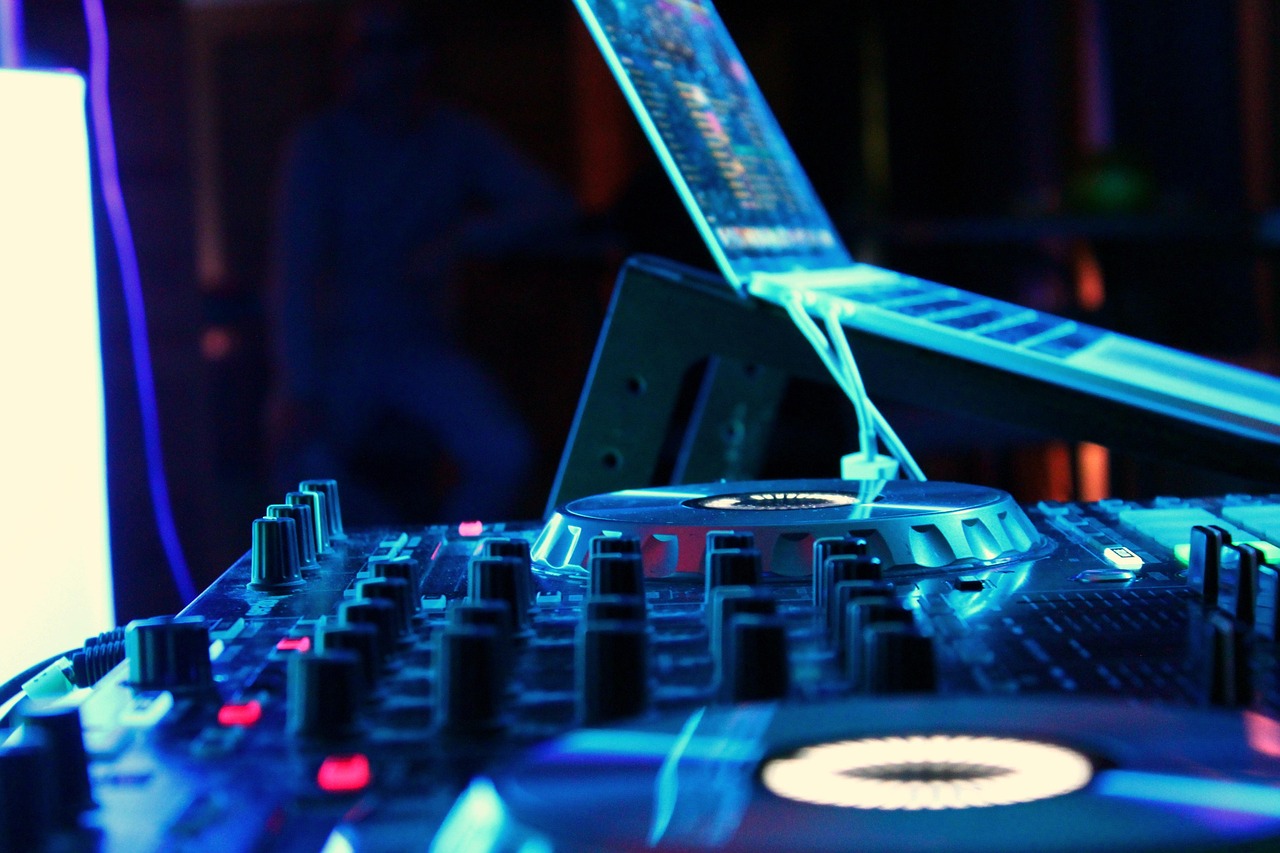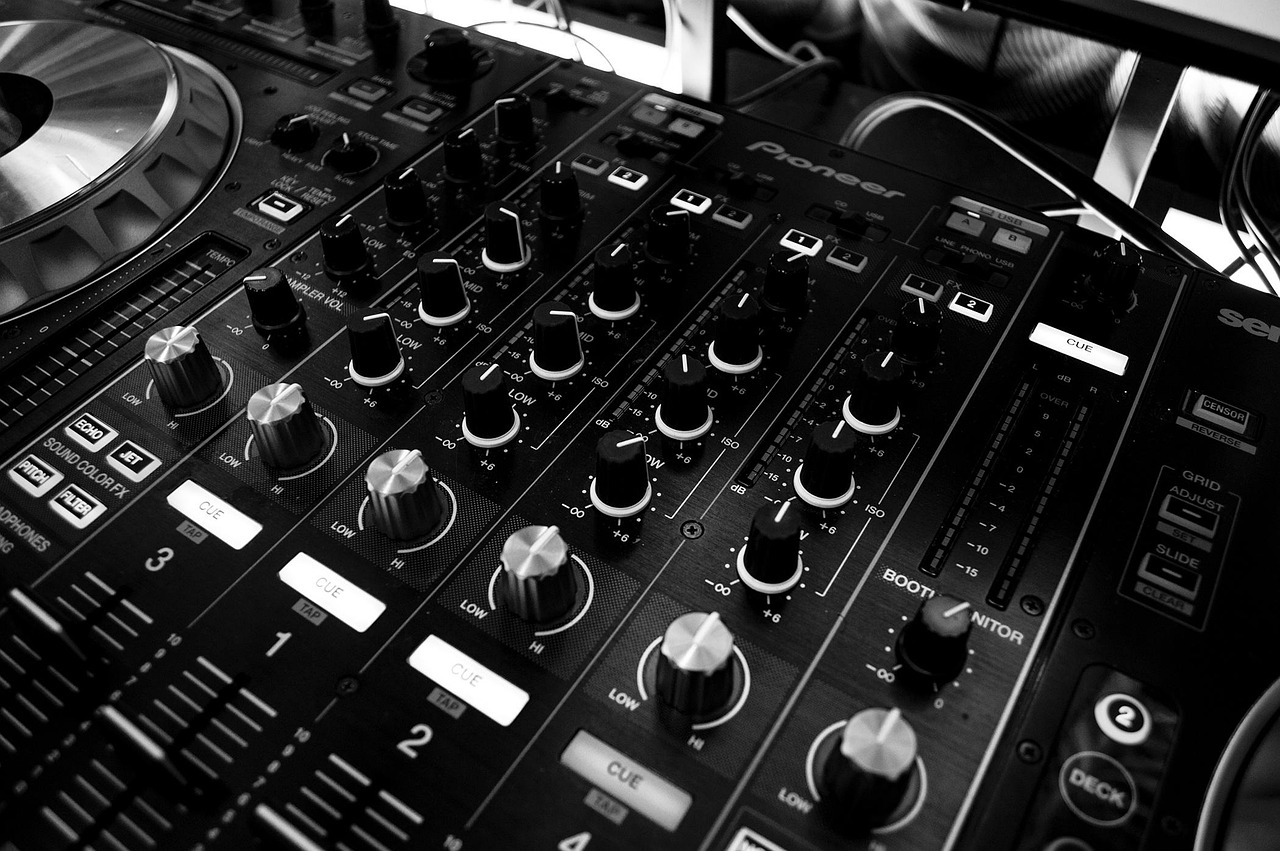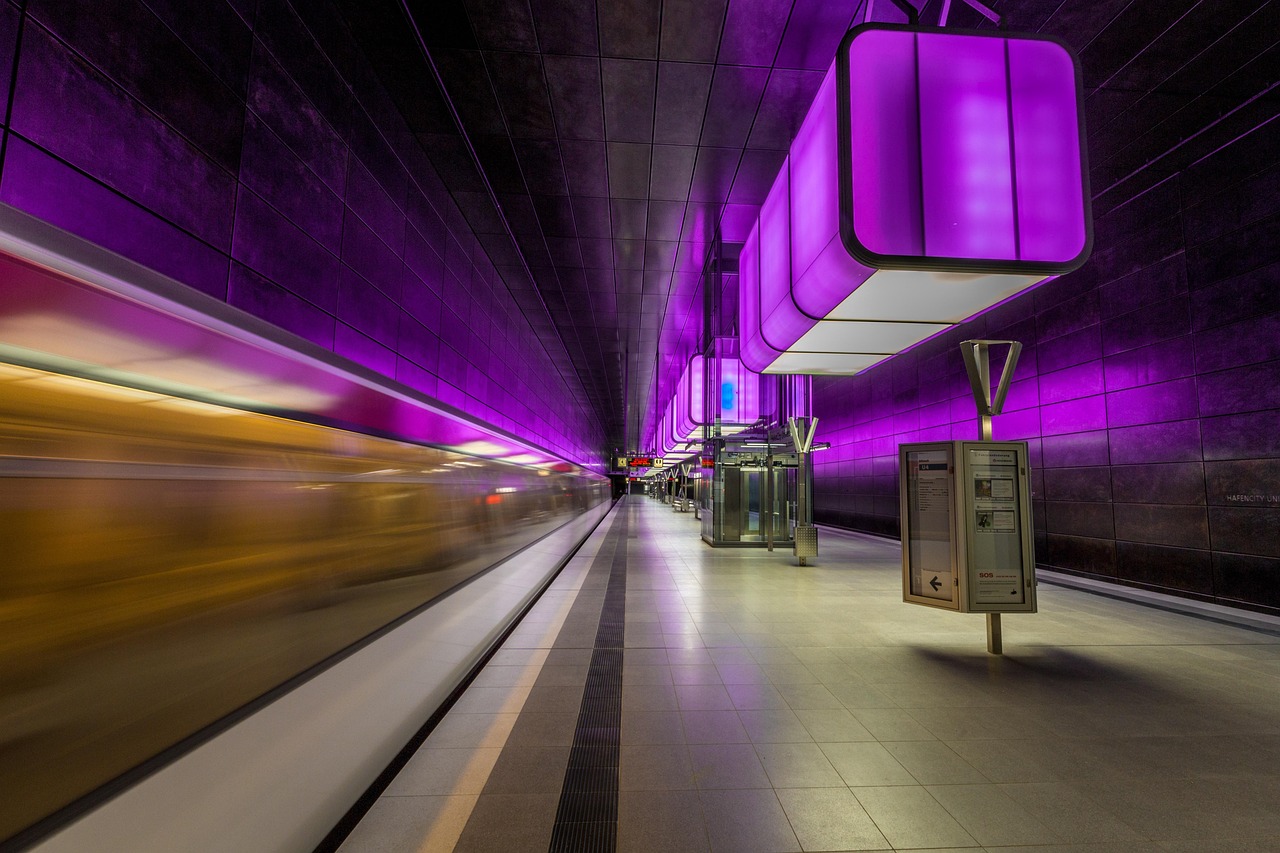Introduction to the African Grand Casino Review
The vast expanse of the online gaming world has seen a multitude of casinos emerge, each offering a unique experience tailored to specific tastes and geographical preferences. Among these, the African Grand Casino has carved a niche for itself, catering to a diverse audience with a rich array of games, enticing bonuses, and a seamless mobile experience. This review delves into the heart of what African Grand Casino offers, examining its games, bonuses, mobile compatibility, and what sets it apart in the competitive world of online gaming.
Games: The Heart of the Casino
The backbone of any online casino is its game selection. African Grand Casino boasts an impressive collection, ranging from classic slots to more complex, strategy-driven games like poker and roulette. The diversity is designed to appeal to a broad range of players, from newcomers looking to try their luck to seasoned gamers seeking a challenge. With games from various providers, the casino ensures that its library stays fresh and exciting, regularly updating with the latest releases.
Bonuses and Promotions: Attracting and Retaining Players
One of the key factors that draw players to an online casino is the promise of bonuses and promotions. African Grand Casino understands the importance of rewarding both new and loyal players. Upon signing up, new players are greeted with a generous welcome bonus, while ongoing promotions and loyalty programs ensure that regular players feel valued. These can include match bonuses on deposits, free spins, and entry into exclusive tournaments, all designed to enhance the gaming experience and provide more opportunities to win.
Mobile Gaming: Convenience at Your Fingertips
In today’s fast-paced world, mobility and accessibility are crucial for any online service, and casinos are no exception. African Grand Casino recognizes this need, offering a fully optimized mobile version of its site and a dedicated app for a more streamlined experience. This allows players to enjoy their favorite games from anywhere, at any time, without compromising on quality or functionality. The mobile platform supports the full range of games and services, including account management, deposits, and withdrawals, making it a complete gaming solution on the go.
Deep Dive into Features and Benefits
To truly appreciate the African Grand Casino experience, it’s essential to explore its features and benefits in depth.
Security and Fairness: Building Trust
Security and fairness are paramount concerns for anyone engaging with online gaming. African Grand Casino addresses these concerns with robust security measures, including advanced encryption technology to protect player data and secure payment systems. Additionally, the casino ensures fairness through the use of RNG (Random Number Generator) technology, guaranteeing that game outcomes are entirely random and unbiased. Regular audits by independent bodies further reinforce the casino’s commitment to transparency and trustworthiness.
Customer Support: Assistance Around the Clock
Effective customer support is vital for resolving issues and ensuring a smooth gaming experience. African Grand Casino provides multi-channel support, including live chat, email, and phone options, available 24/7. This means that whether players have a query about a game, a technical issue, or a question about their account, help is always readily available. The support team is known for its professionalism and efficiency, quickly addressing concerns to minimize downtime.
Comparing to the Best in the Industry
When evaluating the African Grand Casino, it’s beneficial to consider how it stacks up against the most respected and popular online casinos. While every casino has its strengths and weaknesses, African Grand distinguishes itself through its balanced approach, offering a wide range of games, attractive bonuses, and a solid focus on player satisfaction and security. Readers may recall articles from esteemed publications highlighting the importance of these elements in defining a superior online gaming experience. Such insights underscore the casino’s position as a formidable competitor in the market.
Q&A: Addressing Key Questions
Given the wealth of information available, potential players may still have questions about what African Grand Casino offers. Here are answers to some of the most frequently asked questions:
- Q: Is African Grand Casino accessible on all mobile devices?
A: Yes, the casino is compatible with most modern smartphones and tablets, ensuring a broad range of players can enjoy the mobile experience. - Q: What kinds of bonuses can players expect?
A: African Grand Casino offers a variety of bonuses, including welcome bonuses, deposit match bonuses, free spins, and loyalty rewards. - Q: How does the casino ensure the fairness of its games?
A: The casino uses RNG technology and undergoes regular audits by independent auditing firms to guarantee game fairness and transparency.
Conclusion and Recommendations
For those considering diving into the world of online gaming, or for seasoned players looking for a new challenge, African Grand Casino presents a compelling option. With its diverse game selection, attractive bonuses, secure and fair gaming environment, and excellent customer support, it checks all the right boxes. The following table summarizes some of the casino’s key features:
| Feature | Description |
| Games | Slots, Poker, Roulette, and more from various providers |
| Bonuses | Welcome bonus, match bonuses, free spins, loyalty programs |
| Mobile Compatibility | Full mobile site and dedicated app for iOS and Android |
| Security | Advanced encryption, secure payment systems, RNG technology |
| Customer Support | 24/7 live chat, email, and phone support |
In conclusion, the African Grand Casino review highlights the casino’s strengths and its appeal to a wide audience. Whether you’re drawn in by the promise of exciting games, the allure of bonuses, or the convenience of mobile gaming, African Grand Casino is certainly worth exploring. With its commitment to player satisfaction, security, and fairness, it stands as a vibrant and welcoming destination in the world of online gaming.

